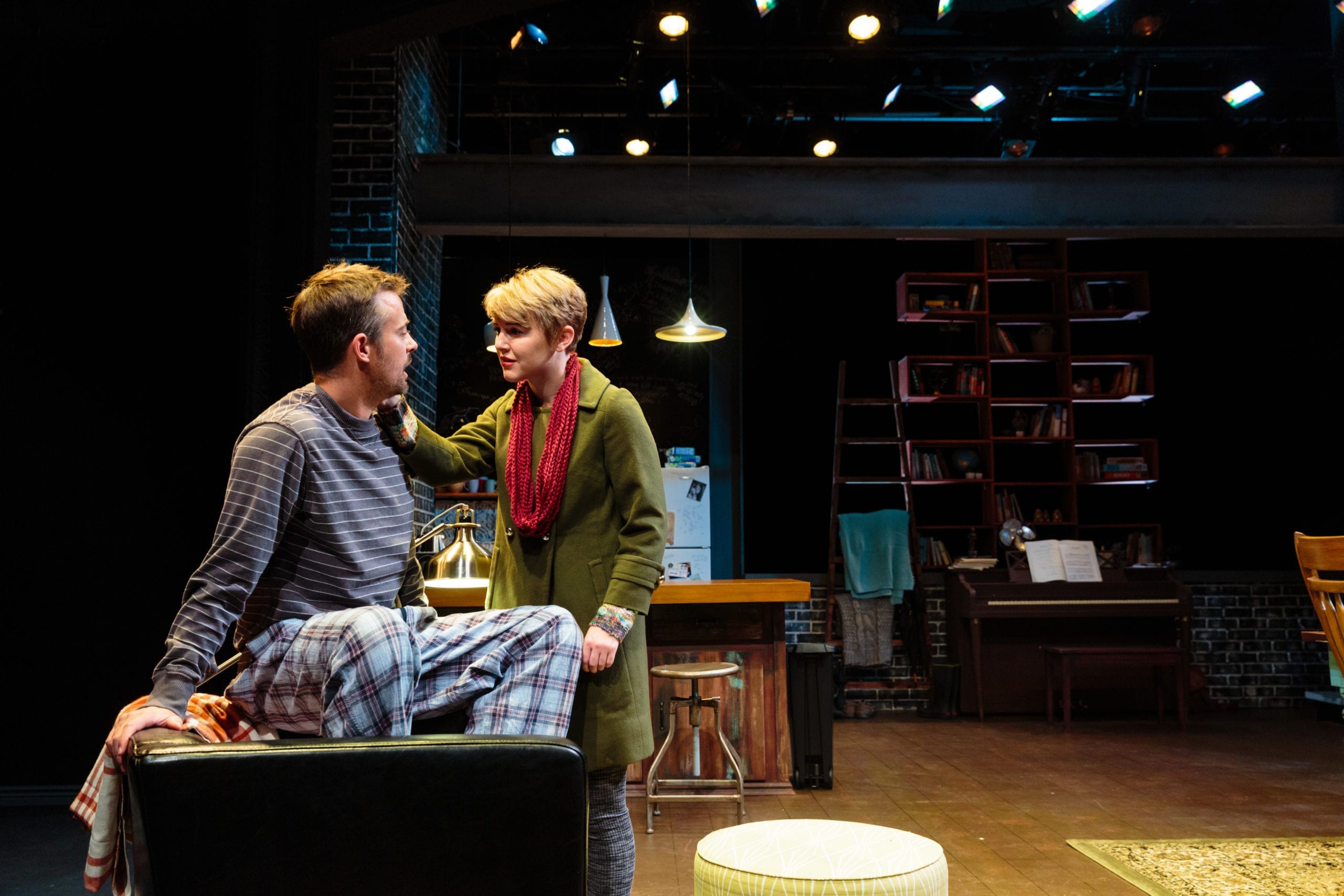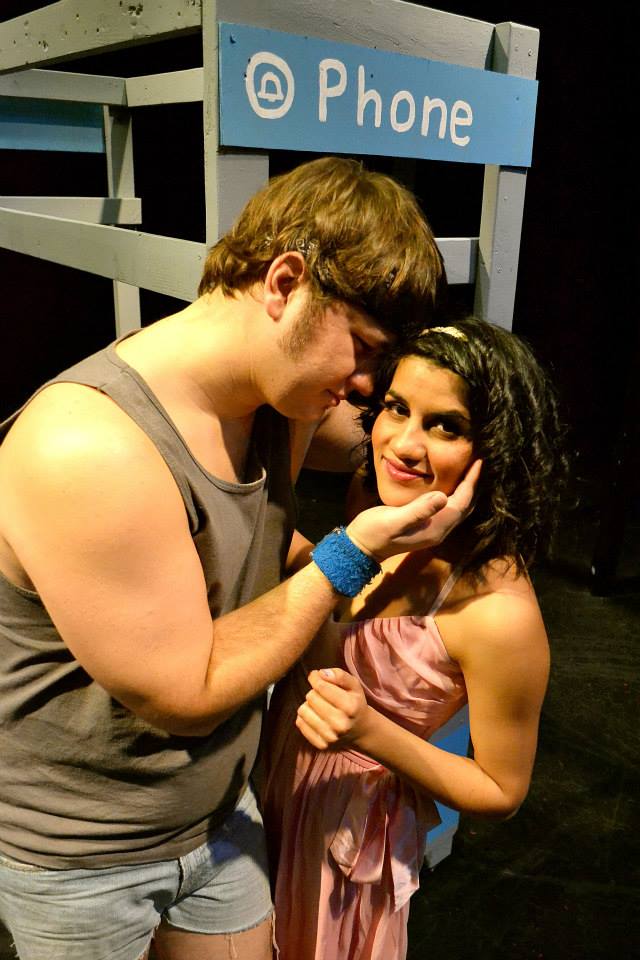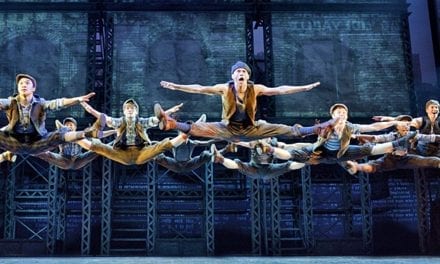SALT LAKE CITY — Billy has just graduated from college and moved back in with his parents. Lulls in their careers have brought his older brother and sister back to the family home as well, filling the walls with a constant stream of laughter, bickering, storytelling, and music. Whether you’ve ever moved back home or simply visited for holidays, we’ve all experienced the strange mix of stress and nostalgia that comes with getting the whole family under one roof. The same arguments and jokes repeat themselves, often with little metamorphosis, no matter how many years pass.
For Billy, going home again means being alone. His family love him and dote on him. Billy’s older siblings are protective of him, and his parents favor him. But they constantly exclude him because Billy’s deaf. He wears a cochlear implant to provide some hearing sensation, and he’s learned to read lips. But family conversations are fast-paced, with interruptions coming from angles out of Billy’s line of sight, often with shouting between rooms. And since it would be difficult to catch Billy up on entire conversations, he misses out.
The opening scene is a family birthday party in the family’s middle-class home (set designer Shawn Fisher; costume designer Phillip R. Lowe). There are party hats and cake. Ruth (Alison Lente) and Daniel (Matthew Sincell) argue about the wisdom of each other’s dating choices. Their mother (Sarah Shippobotham) and father (Paul Kiernan), alternately take sides in the argument or crack bickering jokes back and forth between each other. Billy (Stephen Drabicki) is notably silent and is the only family member sitting with his back to the audience. In the middle of a long argument among family members, Billy notices Daniel is upset and asks what’s wrong, only to be told “not to worry, it was just a joke.” This is how family members typically respond when Billy requests to be included. They dismissively tell him that he hasn’t missed anything important, give him an ingratiating hug or pat of the hand, and then go back to excluding him.
When Billy meets Sylvia (Amy Ware), a young woman raised by deaf parents who is gradually losing her own hearing, he is amazed to find out how different her family experience is from his own. Billy’s father has been careful not to treat Billy as though he’s disabled or part of a distinct “deaf community.” Billy has adapted to his upbringing by becoming extremely self-sufficient, but he’s also never known what it might be like to feel included and understood at face-value.
On select performances (November 10th at 7:30 PM and November 14th at 2:00 PM) the entire show is accompanied by American Sign Language interpretation, and any lines spoken in sign are provided with subtitles by projection on set surfaces (Alex Thedell). Clever uses of sound distortion (Shea Madson) and spotlighting (James M. Craig) allow the audience to grasp some of Billy’s experience feeling excluded and unable to understand his family.
The work of the cast and crew were all brilliantly done, but the staging itself was the most distinctive and memorable feature of Tribes for me. Direction by Alexandra Harbold brings out the script’s (playwright Nina Rain) unique focus on relationships by intricately arranging characters so that the audience is always acutely aware of who is included in a group and able to understand a conversation, and who is not. The group dynamics could change in an instant depending on whether people were speaking verbally or through sign, and the combination of lighting, sound design, and actors’ placement on stage made this easy to follow.
Dialect coach Adrianne Moore deserves special recognition. Accents done well are easy to overlook, whereas poorly executed accents can distract from the efforts of everyone else in a show. In Tribes, the characters’ brand of southern English accents clearly communicated their educated middle-class status. and stayed consistent throughout the show.
Salt Lake Acting Company’s production of Tribes was flawless. Acting, direction, dialect, costume, set, lighting, and sound all combined seamlessly to portray complex family relationships and the unnoticed prejudices of the proclaimed open-minded. It’s a rare play that changes the way I think so much that I actually change my behavior. Tribes shines a light on group dynamics and inclusion not just among the hearing and deaf, but among any groups that live alongside one another.







